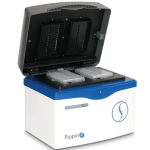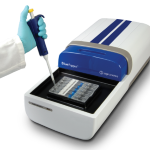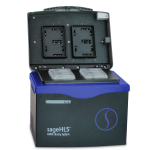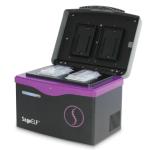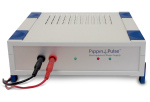The Sage team has attended AGBT for years, and the 2015 meeting reminded us just how lucky we are to be part of this amazing community. For those of us who remember the first Marco conference in 2000, it is truly awe-inspiring to see just 15 years later that genomics is being used to treat, and even cure, patients around the world. We were humbled by the rapid and remarkable advances this community has enabled.
Some of our favorite talks this year focused on the human microbiome. Michael Fischbach from the University of California, San Francisco, spoke about naturally occurring molecules produced by the microbes that live in and on us. So many of these natural products are antibiotics that Fischbach joked the organisms had made an end-run around the FDA, finding a way to get these molecules into our systems without regulatory approval or a physician’s prescription. He noted that there’s still a lot to learn about the molecules that our microbes are synthesizing — it seems certain that discovering this information could have a major impact on how we view human health.
Rob Knight from the University of California, San Diego, presented work showing changes in microbiome from infancy onward; the profile evolves until age 2.5, at which point it has matured into the same profile seen in adults. He told attendees that despite the inability of genome-wide association studies to turn up reliably predictive genetic markers of obesity, analyzing the microbiome can reveal whether a person is lean or obese with 90 percent accuracy. Clearly, there’s a lot of uncharted territory in how our microbes are contributing to — or in some cases completely defining — various phenotypes.
There was also strong clinical content at AGBT, with impressive presentations describing how sequencing was used to diagnose patients or to suggest treatment options that are not the standard of care for a given condition. Steve McCarroll from Harvard Medical School gave a talk about how a collection of blood samples for a schizophrenia study led to the unexpected discovery of markers indicating early stages of blood cancer, long before the cancer could be diagnosed with traditional methods.
We can’t review all of the amazing talks and posters here, but suffice it to say, it was really great to witness the innovation, intelligence, and ingenuity driving the genomics community. Many thanks to the scientists who stopped by our suite to learn more about Sage Science, and we’re already looking forward to next year’s AGBT.
